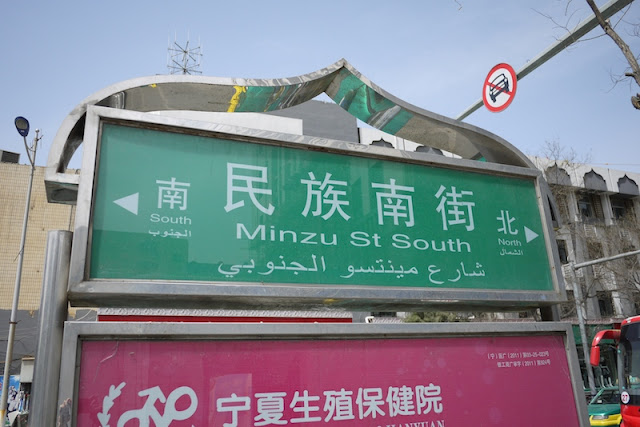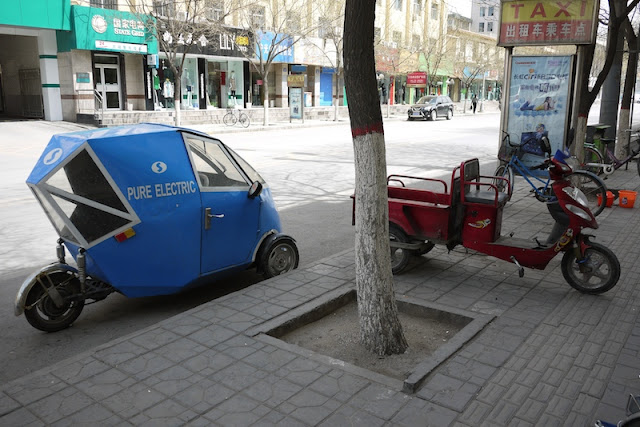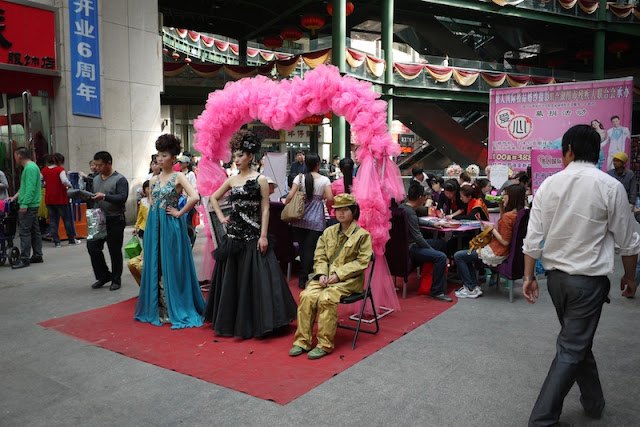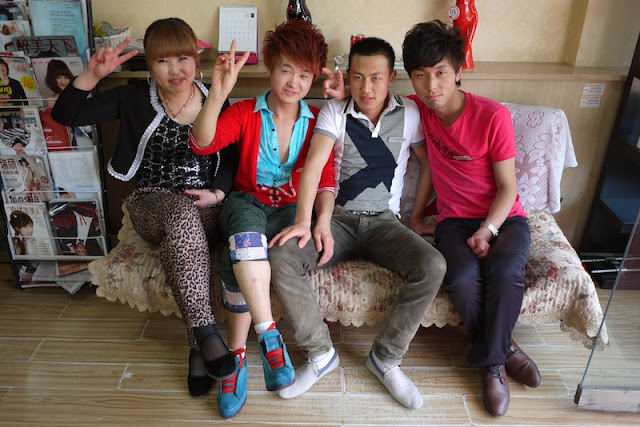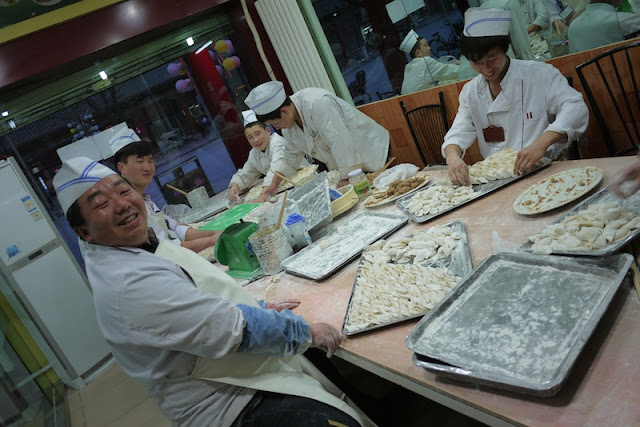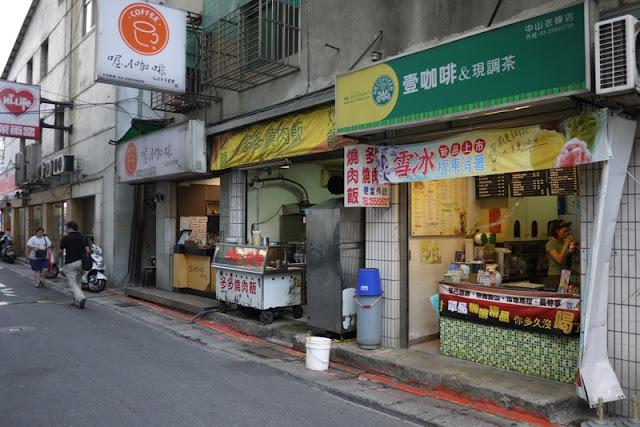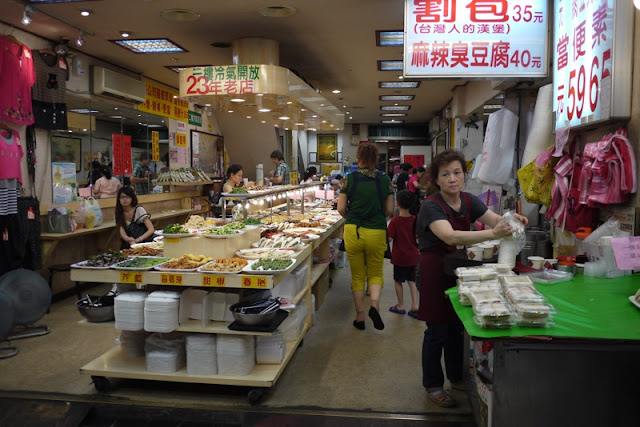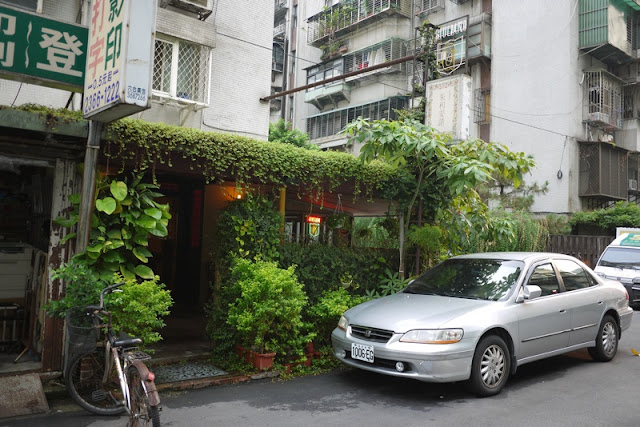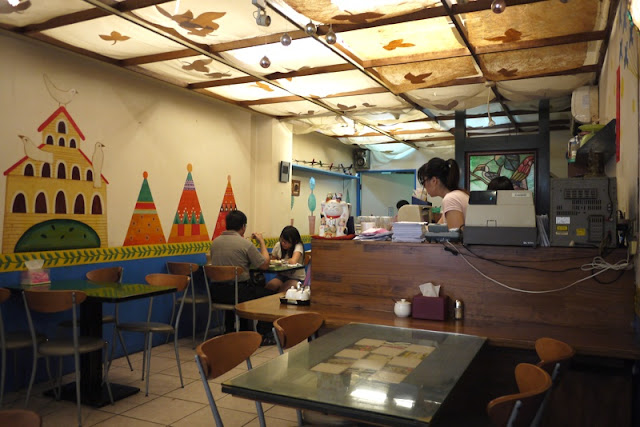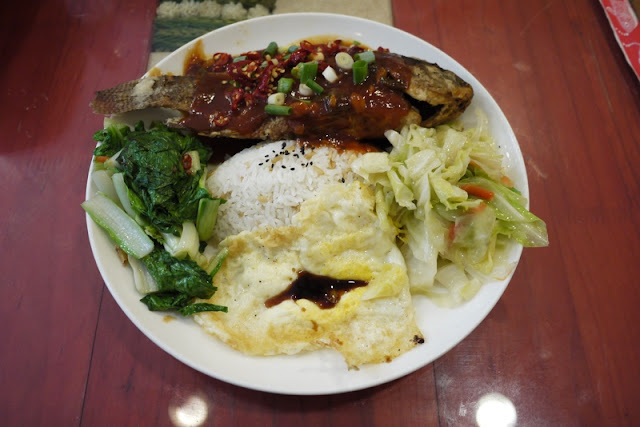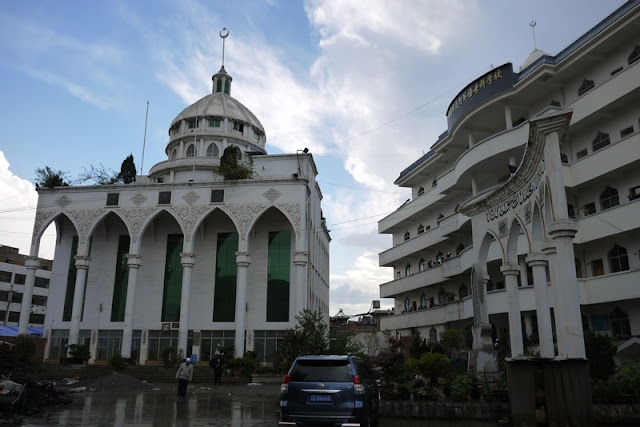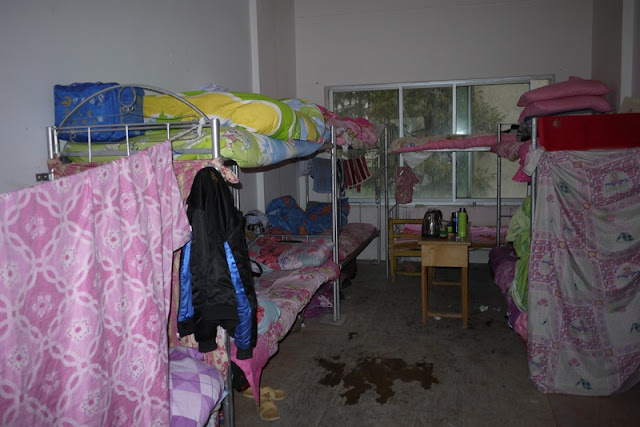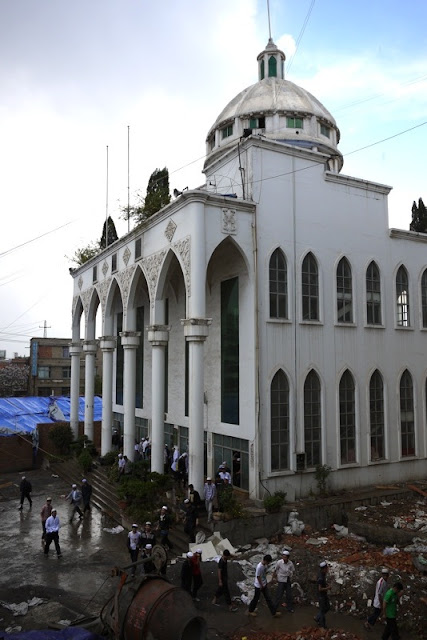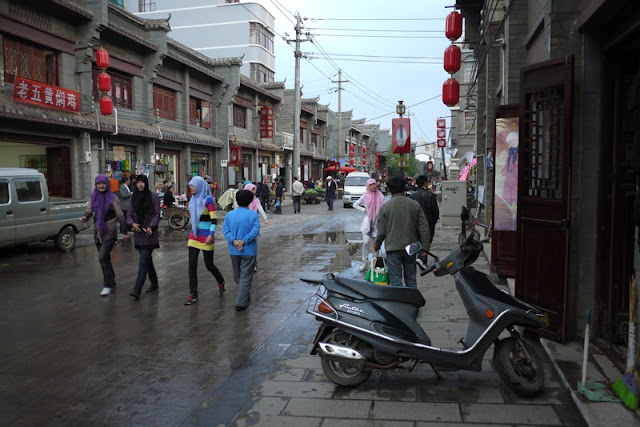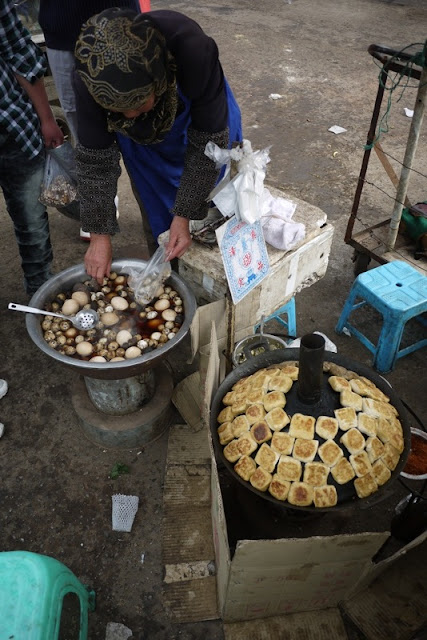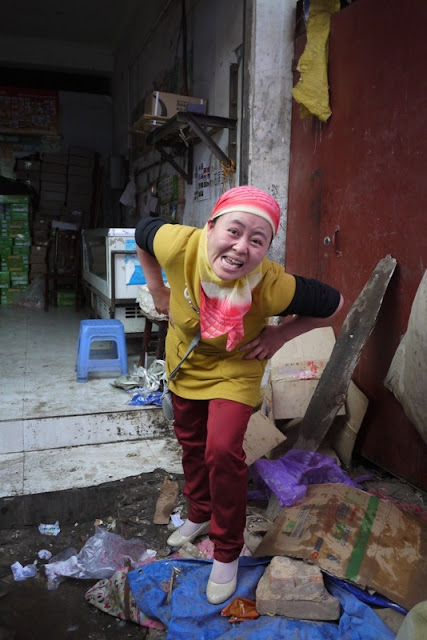When I recently arrived in Taiwan I didn't have a set agenda and was open to exploring a variety of issues relating to how it compares to Mainland China. A
discussion with some high school students in Hualien provided an opening to what I found to be one of the more interesting contrasts. Unlike in Mainland China where Facebook is blocked, many youth I spoke to in Taiwan regularly use Facebook. My experiences appear to have been reasonably representative. Adaline Lau on ClickZ Asia notes that
Facebook had caught up to its largest rival in Taiwan, Yahoo's Wretch.cc, about one year ago. And Paul Mozur on The Wall Street Journal shares that as of March 2011 about
40% of Taiwan's population had a Facebook account.
Susan Su on Inside Facebook last year examined the potential lessons that could be learned from
Facebook's dramatic growth in Taiwan:
In short, Taiwan has become a Facebook country.
It’s not just the fact that the site has reached market saturation, however, but the rapidity with which it did so. It took a whirlwind three quarters for Facebook to jump from fewer than 400,000 total Taiwanese users in June of 2009 to its current 6.2 million. What were the factors that account for this rapid rise, and could they be replicated in Japan, Korea or mainland China (assuming Facebook were to become unblocked in that country)?
Su suggests that Taiwan serves as a valuable "hybrid" to examine since it shares a variety of characteristics with different nearby countries. For example, its economy is comparable to South Korea, yet it shares a spoken language with Mainland China. Because of this, Facebook's success in Taiwan may provide particularly invaluable insights for how Facebook could grow in nearby regions where it is relatively struggling. While I think there are some issues in using Taiwan as an example this way, I think it's worth exploring what Su's conclusions about Taiwan may say about Mainland China.
In a nutshell, Su argues that "stagnant competitors" and social games were key to Facebook's growth in Taiwan.
Given that Mainland China already has a number of active social networking services, such as Renren, QQ, Sina Weibo, etc., that I wouldn't label as stagnant (at least not all of them), some may argue that the market there is saturated and doesn't offer the same opportunity to Facebook as Taiwan did. However, as I noted in my earlier post about
the potential value of Facebook (and some other global services) operating in Mainland China, I think there is ample space for services that can meet a key need that no Chinese company can now fulfill -- connecting Chinese users to the rest of the world.
Regardless, Facebook is most likely going to have great difficulty making any gains in China as long as it remains blocked there. In this regard, it's important to consider how Facebook's impact in Taiwan may be influencing the Chinese government. As I've shown before, it can certainly
influence some Chinese people. So, if the Chinese government is now viewing Taiwan as a test case does it believe Facebook is only a "safe" social gaming site there? I doubt it. Not only has Facebook been rapidly gaining popularity in Taiwan for its social gaming, but it's becoming increasingly ingrained into another area in which Taiwan greatly differs from Mainland China: politics.
Paul Mozur writes:
President Ma Ying-jeou opened his official Facebook fan page on Jan. 28, using the social network to disseminate videos of his speeches, provide updates on his activities and offer sometimes fiery responses to criticism from the local press. Other high profile politicians with official Facebook pages include Taiwan’s first democratically elected president, Li Teng-hui, and opposition Democratic Progressive Party presidential candidates Tsai Ing-wen and Su Tseng-chang. Meanwhile, groups from aboriginal associations to environmental activists and students upset about new mandatory Confucian curriculum use the space as a forum to plan activities and distribute petitions.
Far from being a force for revolution as social networking sites have become in the Middle East, Facebook in Taiwan is in the process of being fully integrated into its democratic system. But the myriad ways the site has proven a powerful tool for organizing people and Taiwan’s cultural and linguistic closeness to China is likely to give Chinese officials pause when considering whether to allow Facebook to enter China. Most likely that means any plan for Facebook would have to include self-censorship and cooperation with the Chinese Communist Party that would earn the company a healthy dose of opprobrium in the U.S..
I agree that Facebook's role in Taiwanese political issues is "likely to give Chinese officials pause".
As I argued in an earlier post, even if a company that offers global social networking services has to censor in order to operate throughout China,
its availability can provide important benefits. However, something I didn't discuss at the time is that companies such as Facebook may be blocked in Mainland China even if they offer to censor material. Issues such as competition or social gaming are all beside the point if the Chinese government simply won't allow Facebook, censored or not, to operate unblocked in Mainland China. I'll comment more on this possibility in a later post.
For now, I'll just express again that Taiwan's Internet environment serves as a important comparison to Mainland China's. I suspect some Chinese officials would agree.


